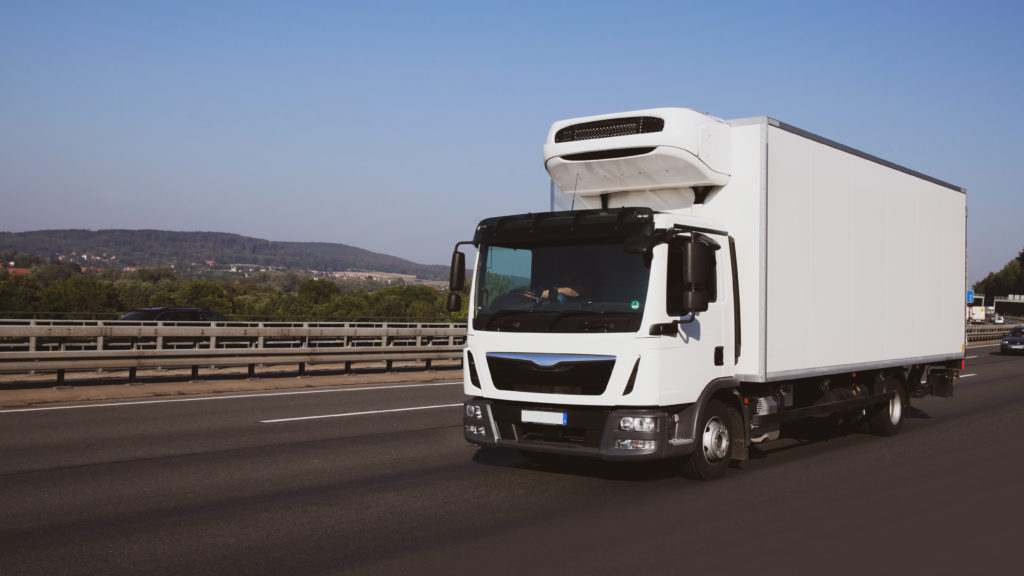
Most people never give a thought to how cold and frozen food gets delivered. They don’t think about the technology that allows for refrigerated transportation across towns and states, or even across country.
In this article, we’ll take a look at how refrigerated vehicles have transformed the food delivery business, and how the latest technology could revolutionize the industry again.
Before Refrigerated Transport
Technology and refrigerated delivery vehicles completely changed how Americans live and eat. It’s hard to imagine now, but at one-time food and perishable items couldn’t be transported more than 50 miles. Any further and the food would spoil or become contaminated.
After the Civil War, trains equipped with iced freight cars began transporting some types of food.
Then, in 1939, an electrical engineer named Frederick McKinley Jones patented the technology for cold and frozen deliveries. He and his business partner, Joseph Numero, created Thermo King, which mass-produced refrigeration devices for trucks. For the first time in history, producers could transport fresh perishable and temperature-sensitive products, rather than canned.
This meant perishable crops could travel further distances than ever before.
Four Technology Trends
Cold chain technology has been experiencing sweeping changes in the last few years. Let’s look at some of the most talked-about trends, which will transform the industry once more.
1. Radio Frequency Identification
Radio Frequency Identification (RFID) is one of the biggest revolutions the industry has seen in decades. This technology gives companies the ability to monitor the humidity and temperature of refrigerated products inside trucks.
This data can be collected and used to assess cargo and ensure that all regulations are being followed.
2. Automated Identification and Data Capture
Automated Identification and Data Capture (AIDC) is another way to capture data. Scanned barcodes track cargo so that businesses can use it to improve efficiency and speed of delivery. AIDC can also help in making decisions regarding fulfillment, determining the volume/weight of loads, and regulating the quality of goods.
3. Artificial Intelligence and Automation
AI is disrupting many industries and it is expected to impact refrigerated vehicles as well. Some businesses are even testing self-driving trucks, which will certainly become more of a reality at some point in the future. AI can also be applied to data management and ERP systems, which will allow carriers to monitor temperature and other data in real-time.
4. All-Electric and Hybrid Refrigeration Units
Similar to how electric cars operate, all-electric refrigeration units use a battery-based system to run the compressor rather than a traditional diesel engine. The units have two operation modes: on-road and standby. The battery recharges when the truck is in on-road mode while energy from the power grid supplies the charge in standby mode.
Electric units have less moving parts and are more energy-efficient, which is better for the environment. Electro-mechanical valves also allow for tighter control of temperature, which cuts down on maintenance costs.
Meanwhile, hybrid units combine an efficient diesel engine with an electric compressor. These types of units allow for more flexibility, while still helping to reduce emissions.
Technology Is Driving Refrigerated Delivery
In the same way that refrigerated transport transformed food delivery, new technology is set to begin another revolution in our industry. From RFID and AI to all-electric units, these technologies are truly game-changers.
Do you have questions about how temperature-control could improve your deliveries’ efficiency and food safety? Get in touch with us today!
